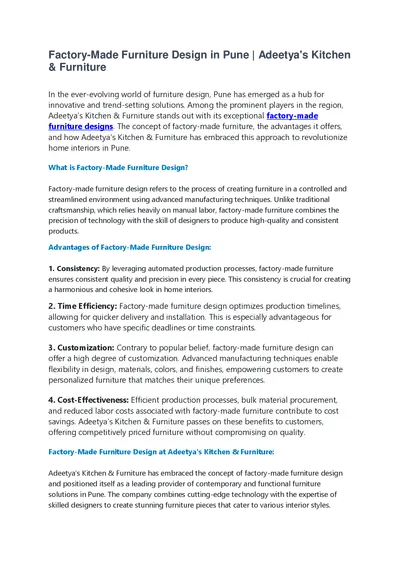PDF-(DOWNLOAD)-The World Made Meme Public Conversations and Participatory Media (The Information
Author : gerberhendricks | Published Date : 2023-03-27
How memetic media8212aggregate texts that are collectively created circulated and transformed8212become a part of public conversations that shape broader cultural
Presentation Embed Code
Download Presentation
Download Presentation The PPT/PDF document "(DOWNLOAD)-The World Made Meme Public Co..." is the property of its rightful owner. Permission is granted to download and print the materials on this website for personal, non-commercial use only, and to display it on your personal computer provided you do not modify the materials and that you retain all copyright notices contained in the materials. By downloading content from our website, you accept the terms of this agreement.
(DOWNLOAD)-The World Made Meme Public Conversations and Participatory Media (The Information: Transcript
Download Rules Of Document
"(DOWNLOAD)-The World Made Meme Public Conversations and Participatory Media (The Information"The content belongs to its owner. You may download and print it for personal use, without modification, and keep all copyright notices. By downloading, you agree to these terms.
Related Documents














